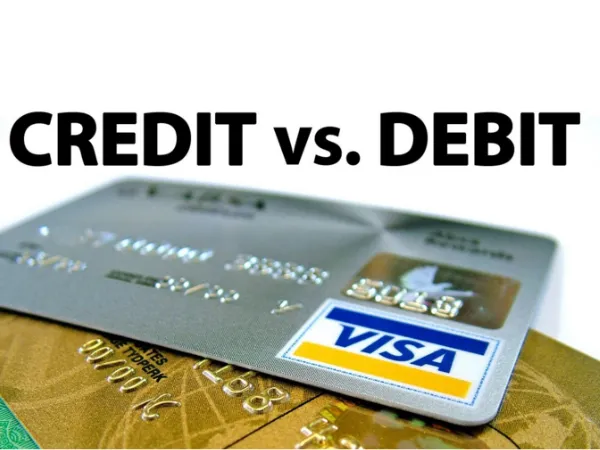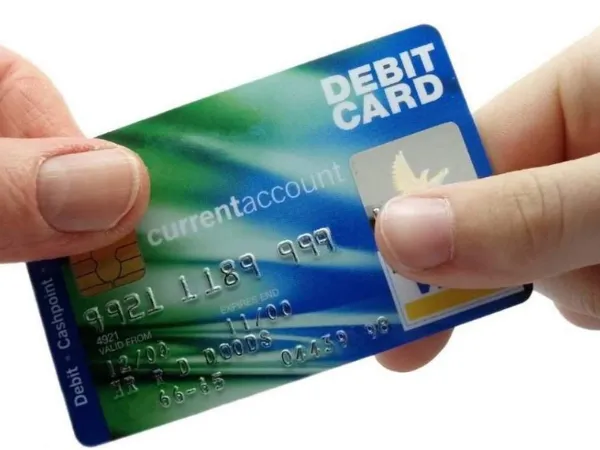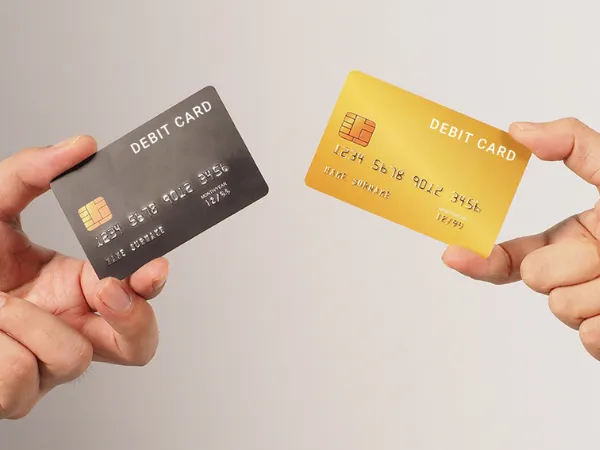A debit card is one of the essential tools in the digital age; to integrate and become a digital citizen in fields with technological factors, you need to understand different forms of money transactions through banking institutions.
What is a debit card?
A debit card, also called a debit card, is commonly used for withdrawing money, transferring funds, exchanging electronic money, and paying bills directly at ATMs, offering convenience to customers. The card is linked to your account. The operation of a Debit card involves depositing money beforehand and using it later. Debit cards allow direct withdrawal from your account, eliminating the need to carry cash for purchases.
There are 2 widely used types of Debit Cards
Domestic Debit Card: In Vietnam, when opening a bank account with a withdrawal requirement at ATMs, you will be issued a Debit card (generally called an ATM card) with scope limited within the country. Depending on each bank’s policy, fees may vary, and often the card is free of charge, mainly used for domestic payments.
International Debit Card: These are protected by international financial conglomerates such as VISA, MasterCard, etc. The usage is similar to domestic debit cards but with a larger scope, allowing customers to make purchases locally and internationally.
Benefits of using Debit card
Now, when you need to make payments or transactions, you no longer need to use cash, which ensures safety and saves time through Internet banking.
Easy to manage finances and enjoy bank interest rates.
A debit card is an essential tool for many online buying and selling services.
For example, if you want to invest in Bitcoin but are unsure of the payment method, you should choose a debit card because it can be used to buy Bitcoin (BTC), Ethereum (ETH), etc.
Advantages and disadvantages of Debit and Credit cards

Pros:
Debit card: Simple and quick procedures, low withdrawal fees, easy transfer to relatives and partners, manageable expenditure, high security, online payment capability, and easier financial management.
Credit card: Prepaid payment with deferred payment, information security, and risk avoidance.
Cons:
Debit card: If the PIN is lost, it is easy to lose money and make fraudulent transactions; fewer benefits and promotions.
Credit card: Easy to fall into debt, high-interest fees if not paid on time beyond 45 days; credit cards cannot transfer funds.
Fees and interest rates of Debit and Credit cards
Debit card: All transactions, such as withdrawal fees, transfer fees, annual fees, have very low costs. However, international debit cards generally have higher fees than domestic ones. Banking and internet banking fees may or may not apply depending on the bank, with low-interest rates.
Credit card: Withdrawal fees range from 0-4% of the amount withdrawn; annual fees are high, but banking and internet banking services are usually free. The interest rate is always high if paying late on the debt.
Functions of a debit card:
When you use your debit card, the seller will keep the money in your account during the transaction. Debit cards can pay for orders directly or at counters, where staff will guide you to pay via POS machines. They can also be used to transfer money, save money, recharge phones, etc. Most features of a Debit card help account holders use their digital funds quickly, conveniently, and with benefits. You can only use it if your account has sufficient funds; otherwise, you need to deposit more money or transfer to continue transactions.

Applying for a debit card:
- Photocopy of both sides of ID card or passport
- Copy of household registration and residence information
- Personal information profile
- Current employment information
- Financial proof
- Debit card issuance fee
Common issues and how to handle them when using your card
Incidents might happen during the use of a Debit card. If you lose your card or it gets stolen, the first thing to do is to go immediately to the issuing bank and notify them to lock the card and stop all transactions to prevent malicious withdrawals or unauthorized purchases.
If your card is swallowed by an ATM: While no one wants a card to be swallowed, immediately call your bank for assistance in retrieving the card quickly. However, my advice is to choose bank ATMs over public ATMs because if issues arise, bank staff can resolve them faster than at public terminals.
Register for internet banking services to easily manage your account and transactions, especially for cash withdrawals without a card, using only your phone, to avoid issues like card swallowing. To prevent blocking your card, choose easy-to-remember PIN codes that are simple to operate.
Conclusion

Through this article, you can see that a Debit card is a digital transaction platform. It is a convenient replacement for carrying cash with you, helping you control your spending and online transactions within your account. Be cautious to avoid scams or loss when using cards.





